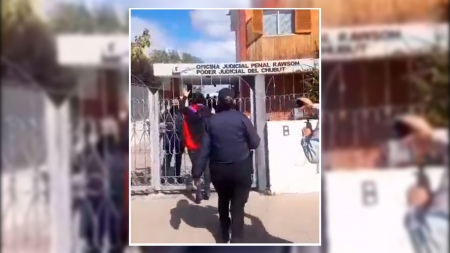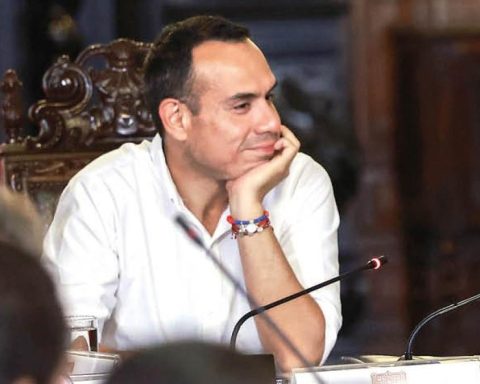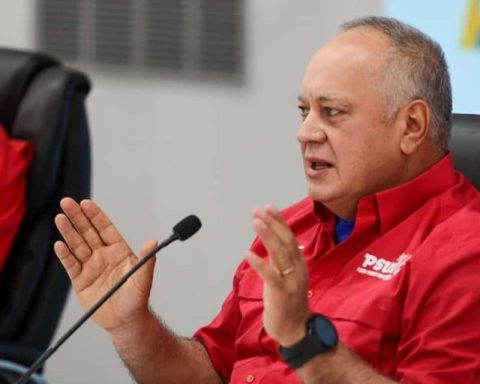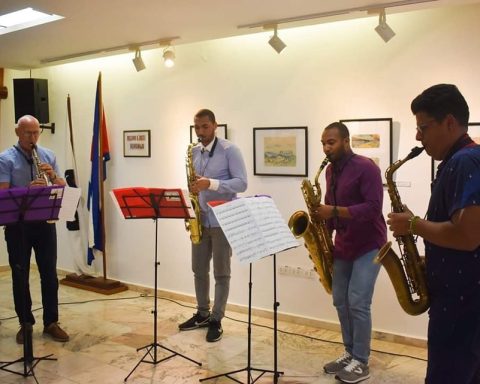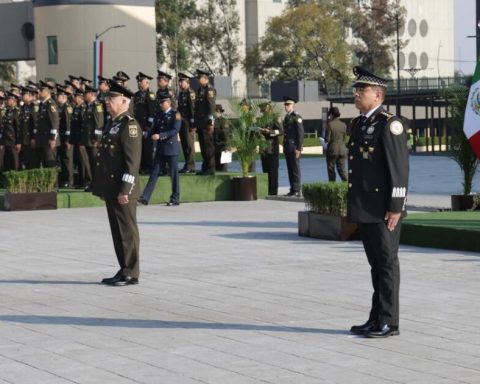The Supreme Court of Justice of the Nation and international courts will be the next instances to which the woman who denounced six men for a gang rape of which he was a victim when he was 16 years old, a decision he made when the ruling of the highest court of Chubut was made known this Tuesday, which acquitted the three defendants who came to trial.
The Superior Court of Justice (STJ) of Chubut confirmed on Tuesday the acquittal of three men who were tried for the group rape denounced by the woman, which occurred in Playa Unión, in 2012, thus endorsing theA decision made in March by the judges of the court that judged them and dismissing the challenges presented by the Public Prosecutor’s Office and the complaint.
Unanimously, the Criminal Chamber of the Superior Court, made up of Camila Lucía Banfi Saavedra, Daniel Esteban Báez and Ricardo Napolitanivalidated the actions of the criminal judges Ana Karina Breckle, Marcela Alejandra Pérez and María Laura Martini.
In the considerations of their decision, the magistrates of the STJ They questioned that the victim did not testify in the trialthat there were no eyewitnesses to the rape and they described the woman as an “amnesiac victim”.
“For this court if the victim does not testify and there are no eyewitnesses, then a group rape cannot be proven. What do we do then?” He said to Telam, Veronica Herediaplaintiff’s attorney.
Six young people were accused of the attack, who acted when the victim was defenseless and in a state of unconsciousness.
In relation to the qualifier “amnesic”, the professional pointed out: “I don’t know where they got it from, no health, psychology, or psychiatry professional said it when they testified in the debate. We do know that the lack of memories is a survival mechanism, that was stated by the expert witness at the trial. And the lack of memory may also have been due to her state of unconsciousness during the rape.”
“This type of event is accompanied by this difficulty, due to the impact on the victims to remember and to be able to report. That is why the times to be respected for when they can say, remember, understand and submit to the system,” he added.
Lack of gender perspective
The sexual violence was denounced in 2019 by a woman who is now 27 years old, but it occurred in 2012, when she was a minor, during the spring festivities at the Playa Unión resort, in the capital of Chubut.
Six young people were accused of the attack, who acted when the victim was defenseless and in a state of unconsciousness.
Three of the six accused were removed from the case: two because they were minors at the time of the events, and the rest because he managed to prove that he was with his girlfriend nearby, but not at the place of abuse.
In considering their decision, the STJ magistrates questioned the fact that the victim did not testify at trial, that there were no eyewitnesses to the rape, and described the woman as an “amnesiac victim.”
The other three were tried but turned out acquitted in March, for which reason the Public Prosecutor’s Office filed an extraordinary appeal to have the sentence revoked because “the evidence was assessed with a lack of gender perspective and arbitrariness.”
So did Heredia.
In this Tuesday’s ruling, it was noted that “the gender perspective cannot be ahead of due process. It cannot be imposed in the absence of evidence, or if they are contradictory. If there is a story or a construction of it “This hypothesis must be rigorously investigated. But it must also be evaluated whether the theory of that story does not conflict with the explanation offered by the defendant. Therein lies the guarantee of due process and the state of innocence.”
This statement “denotes ignorance of what the gender perspective is and also what due process is. We have read judgments that say that the principle of innocence cannot be above due process. It is the same logic. Just as there is no due process without the principle of innocence, there is no due process without a gender perspective,” Heredia asserted.
In the decision of the STJ, it was questioned that the victim had not been questioned “which implied a high procedural cost, since the statement of the victim in cases in which sexual crimes are investigated is essential.”
-
Attention, containment and advice in situations of gender violence
- By free call 24 hours a day Line 144
- By WhatsApp +5491127716463
- By mail to [email protected]
- Downloading the apps
Heredia explained that the woman “declared at the time of making the complaint and submitted to an expert examination for three days of 6 hours each day, before 7 expert witnesses from the defenders and the prosecution, and had to answer more than 567 questions, and evaluations about her personality”.
In addition, the woman “gave her last words in the trial, a right stipulated in the Chubut Criminal Procedure Code. She denied the defendants, said she did not give consent, that she does not know any of them.”
Regarding the witnesses on which the accusation was based, those who make up the STJ considered that “those who were summoned to trial and testified, the court described as mendacious and reticent, and confirmed that they did not contribute any element to the theory of the accusation” .
“All these people told the court what other people told them about what happened, but none of them witnessed the event,” they added.
For Heredia, in that ruling “it is not made clear that those who lied did so in favor of one of the defendants, that they lied to support the defendant’s lies.”
The lawyer told this agency that she will use “the extraordinary federal appeal before the Supreme Court of Justice and then international instances, both the Inter-American Court of Human Rights and the Committee for the Elimination of Discrimination against Women,” (Cedaw, for its acronym in English).
The case had moments of high media exposure, such as when the chief prosecutor of the Rawson Prosecutor’s Office, Fernando Rivarola, used the term “intentional action of sexual release” to refer to group rape.
He later apologized, but his statements were condemned by national ministers, officials and professional associations, and the governor of Chubut, Mariano Arcioni, denounced him before the Judicial Council.
In addition, the men denounced were identified as “sons of power” by their political and business contacts in the province.
Heredia said that the victim is a university professional who “worked a lot these 10 years, did therapy to be able to speak and face this violent system.”
“Our objective: to revoke this sentence. The victim is strong to continue,” the lawyer concluded.
*Line 144: attention, containment and advice in situations of gender violence. By WhatsApp: +5491127716463
